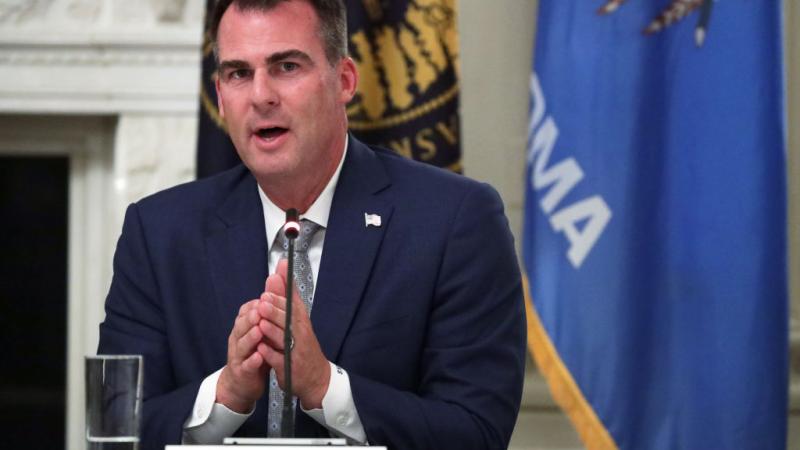Columbia Law rejects student group fighting antisemitism under State Department-adopted definition
Of the nine groups that have asked the Columbia Law School Student Senate for recognition this year, Law Students Against Antisemitism is the only one that has been denied, a senator said.
The Columbia Law School Student Senate refused to officially recognize a proposed student group fighting antisemitism under the International Holocaust Remembrance Alliance's working definition of the term that the State Department adopted.
Marie-Alice Legrand, president of the proposed New York-based student organization Law Students Against Antisemitism, said students accused her group "of using that definition to silence free speech," Jewish Insider reported Tuesday. "We have assured them that is not our mission, we want to educate."
Columbia University has faced numerous controversial protests in support of Palestine since Oct. 7, when Hamas and other terror groups invaded Israel and killed about 1,200 people and kidnapped 240 others. Columbia also suspended two pro-Palestinian student groups for alleged violations of the university's rules.
Meanwhile, the Hamas-run Health Ministry, which does not distinguish between combatants and civilians, said Tuesday that more than 27,500 people have been killed since Oct. 7.
The group was denied recognition during an anonymous vote of about 33 student senators last month, per the Columbia Daily Spectator.
Of the nine groups that have asked the Columbia student senate for recognition this year, Law Students Against Antisemitism is the only one that has been denied that status, a student senator told the student newspaper on the condition of anonymity out of concerns of repercussions.
"This was probably the longest conversation that has happened in regard to a club approval process," the senator also said.
Legrand said that when she and other students presented the group, the student senate asked them "hostile questions" and accused them of numerous things for more than an hour.
"Other groups got approved within five minutes. The same principles and rules don’t apply to every person at the university," she also said.
"It is rare that a club doesn’t gain approval, and I am disappointed by the signal that this sends to many in our Jewish community," Student Senate President Justin Onwenu said. "I am hoping that the club will resubmit and consensus can be reached because combatting hate, including antisemitism, is one of the most pressing issues of our time."
The Holocaust remembrance group does not mention Israel in its actual definition of antisemitism used by the proposed student organization and the State Department.
It states: "Antisemitism is a certain perception of Jews, which may be expressed as hatred toward Jews. Rhetorical and physical manifestations of antisemitism are directed toward Jewish or non-Jewish individuals and/or their property, toward Jewish community institutions and religious facilities."
However, after giving the definition, the Holocaust alliance lists examples of how antisemitism manifests, which may include the targeting of Israel, but the group stresses that "criticism of Israel similar to that leveled against any other country cannot be regarded as antisemitic."
Other examples of antisemitism related to Israel listed by the group include comparing "Israeli policy to that of the Nazis," "accusing Jewish citizens of being more loyal to Israel, or to the alleged priorities of Jews worldwide, than to the interests of their own nations" and "holding Jews collectively responsible for actions of the state of Israel."
















